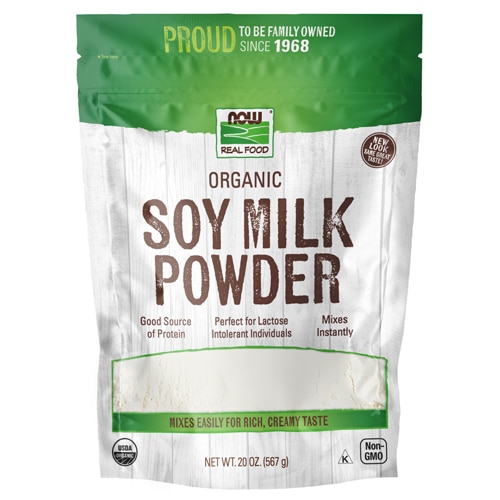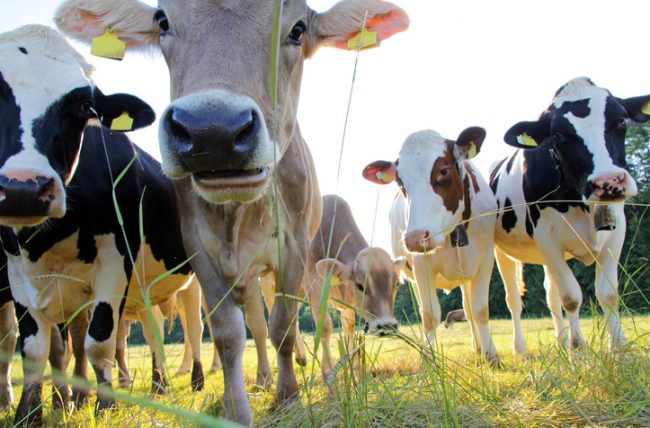The meat and milk industries have a big beef with products that they brand as “fake.”
Recently, the divide between producers of animal-based meat and milk products and producers of plant-based and cell-cultured meat and milk products has widened even more.
A new state law in Missouri prohibits labeling anything as meat unless it comes from livestock. In other words, marketing plant-based burgers as meat would violate the new law.
With a huge legislative push from the Missouri Cattlemen’s Association, Missouri became the first state to enact such a ban. Cattlemen’s associations in other states are expected to follow suit.de
At the federal level, the U.S. Cattlemen’s Association recently petitioned the U.S. Food and Drug Administration (FDA) to prevent products not derived from slaughtered animals from being defined as “meat” or “beef.”
“It is critical that the federal government step up to the plate and enforce fair and accurate labeling for fake meat,” Kevin Kester, president of the National Cattlemen’s Beef Association, says in a news release. “As long as we have a level playing field, our product will continue to be a leading protein choice for families in the United States and around the world.”
Obviously, the melee over meat (along with milk) is far from over.
Noting that the sale of plant-based foods jumped 8.1 percent in 2017, the Plant Based Foods Association continues to combat the campaign by producers of conventional meat and milk to more tightly regulate plant-based alternatives. The association was founded in 2016.
“For too long, the status quo has given the conventional meat and dairy sectors an unfair economic advantage; it’s time to level the playing field,” Michele Simon, executive director of the Plant Based Foods Association, says in a news release.
In March 2018, Simon’s group advocated that the federal farm bill include provisions aimed at:
- Encouraging research about plant proteins like those from soy and peas.
- Adding references to federal code stating that certain plant-based foods are major sources of nutrients.
- Halting limitations on the use of terms such as milk, cheese, meat or eggs in relation to plant-based products.
For its part, the Missouri Cattlemen’s Association insists it doesn’t oppose plant-based or cell-cultured food products, which fall primarily into two groups — meat and milk.
However, Matt Ball, a spokesman for the Good Food Institute, finds fault with the association’s claim. Any effort, like the one in Missouri, to “restrict free speech and competition to protect certain companies and producers hurts consumer choice,” says Bell, whose group promotes milk, dairy and egg alternatives.
Mike Deering, executive vice president of the Missouri Cattlemen’s Association, argues that the “fake meat” law doesn’t hamper innovation but, rather, ensures the integrity of our meat supply and decreases confusion among consumers.
“This is about protecting the integrity of the products that farm and ranch families throughout the country work hard to raise each and every day,” Deering says in a news release. “I never imagined we would be fighting over what is and isn’t meat. It seems silly. However, this is very real, and I cannot stress enough the importance of this issue.”
Why are groups like the Missouri Cattlemen’s Association so fired up about this issue? The answer boils down to economics.
Ball attributes the escalating opposition to the growing popularity of plant-based and cell-cultured meat and dairy products. In 2017, Supermarket News reported that 36 percent of consumers buy plant-based meats and 58 percent of adults drink nondairy milk. Prognosticators predict those numbers will keep rising as more people embrace vegetarianism and veganism.
“Obviously, this abrupt change is enough to catch the attention of those producing conventional meat and dairy,” Ball says.
Also attracting attention is the entry of food conglomerates like Cargill and Tyson Foods into the market for plant-based and “clean” meat (also known as cell-cultured or lab-grown meat).
From Bell’s perspective, anything that gives consumer more choices, including plant-based meat, is positive. He cites data from Oklahoma State University’s Food Demand Survey showing that among Americans who were questioned:
- 47 percent want to ban slaughterhouses.
- 47 percent support a ban on factory farming of animals.
- 68 percent are uncomfortable with the way animals are used in the food industry.
- 53 percent prefer to eat more plant-based foods.
- 45 percent prefer to eat more cell-cultured foods.
As the beef battle escalates, the milk debate also is heating up.
Dairy producers continue to press federal policymakers to define milk as coming from animals, not from plants like soybeans and almonds.
In April 2018, Jim Mulhern, president and CEO of the National Milk Producers Federation, urged the FDA to “stop turning a blind eye toward violations of food-labeling laws. It needs to use more enforcement, and less discretion, as dozens of brands flagrantly violate government requirements.”
Federal legislation enacted in March 2018 directs the FDA to develop language clearly stating that dairy products, including milk, cheese and yogurt, come from animals.
The Good Food Institute and the Soyfoods Association of North America disagree with that move. In fact, the two groups have called on the FDA to officially recognize the term “soymilk.” The soyfoods association notes that consumers have become accustomed to “soymilk” and would benefit from formalizing the term.
“People want better options, and it is good that there are companies making products for those consumers,” says Bell, the Good Food Institute spokesman. “Of course, these companies have a First Amendment right to communicate clearly and accurately with consumers.”
He adds: “Most people are used to conventionally produced meat and milk. For companies producing these products in better ways, it is important that they let consumers know these products can be used in the same way — grilled, poured over cereal and so forth.”





